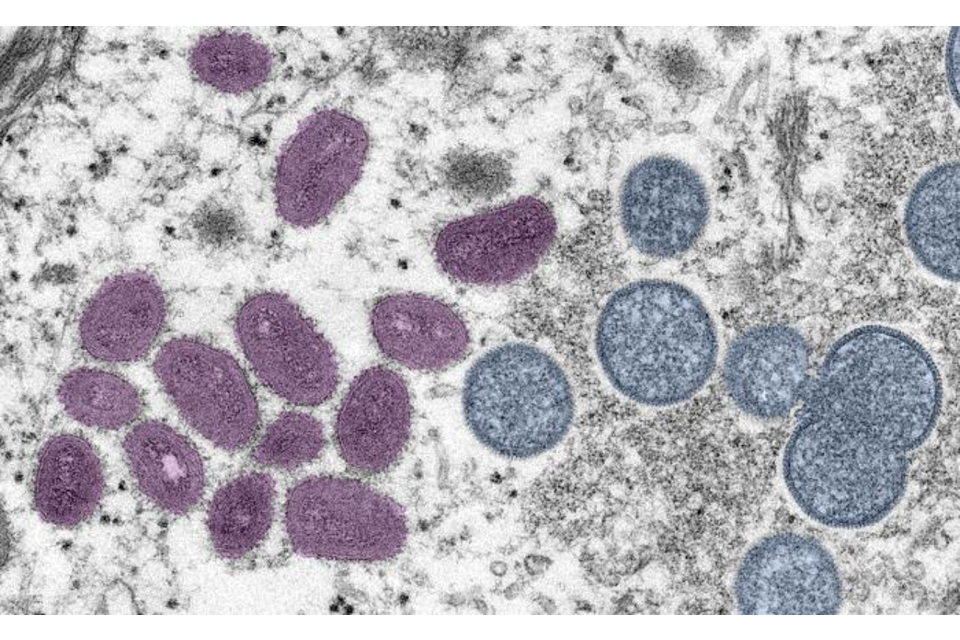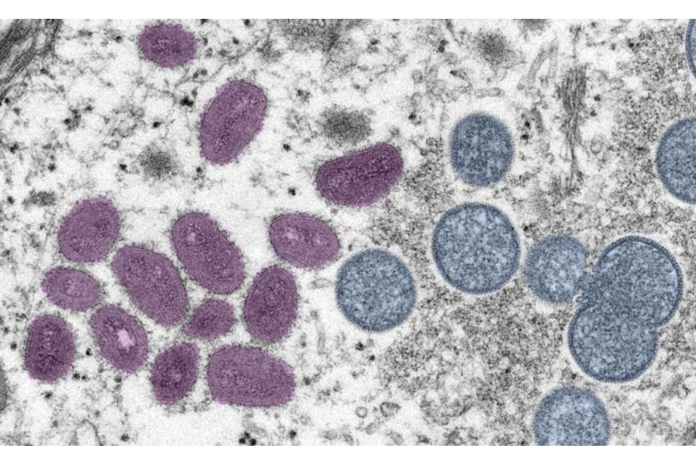
The UK Health Security Agency (UKHSA) has announced that second doses of the smallpox (Jynneos) vaccine will be offered to people at highest risk from monkeypox, in order to maximise protection against the virus.
This targeted approach is also supported by modelling published in today’s technical briefing 8 which suggests vaccinating 25% of the groups most at risk could significantly reduce the risk of transmission.
Whilst sexual health clinics will continue to prioritise offering first doses to those at highest risk, some clinics will also begin to offer eligible people a second dose to provide longer term protection.
The Joint Committee on Vaccination and Immunisation (JCVI) has endorsed UKHSA’s proposal to offer second doses to those at highest risk, while continuing efforts to maximise uptake of the first dose within this group.
There are no current plans to widen the offer of vaccination beyond the existing priority cohorts, though this decision will be kept under review.
The NHS will call forward those that are eligible for vaccination. Second doses will be offered from around 2 to 3 months after the first dose to maximise protection.
As of 20 September, more than 45,000 people have received a dose of the vaccine including over 40,000 gay, bisexual and other men who have sex with men who are at highest risk of exposure.
In order to maximise the number of people that can be vaccinated, more clinics will offer the vaccine using intradermal administration in the coming weeks. This safe and clinically approved approach has been positively received by patients and staff where it has been used already.
UKHSA has confirmed delivery of 20,000 additional vaccines from Bavarian Nordic, the single global supplier of the vaccine being used in response to the current outbreak of monkeypox in the UK. The vaccines are available for NHS services to order and are being distributed now, with a further 80,000 vaccines expected to arrive later this month. The use of intradermal administration will mean that everyone at highest risk will have access to two doses of monkeypox vaccine in the coming months.
As of 16 September, there are 3,585 confirmed and highly probable cases of monkeypox in the UK. Following a clear peak of more than 60 cases per day in mid-July, the number of cases has decreased throughout August and continues to fall, with less than 15 cases per day on average in early September.
Analysis of wider infection trends suggests changes in behaviour in the groups most at risk may have contributed to the reduced case rates.
Dr Gayatri Amirthalingam, Deputy Director, Public Health Programmes at UKHSA said:
It’s encouraging that we’re continuing to see fewer cases of monkeypox reported in the UK and we are grateful to everyone who has followed advice about potential symptoms, isolated as part of this outbreak or come forward for a vaccination to help limit transmission.
Prioritising vaccine stock where possible for second doses for those at highest risk will help us maximise protection and interrupt transmission. When you are called forward for vaccination, please take up the offer.
Professor Sir Andrew Pollard, chair of the JCVI, said:
The JCVI has endorsed the UKHSA’s proposal that vaccination to protect against monkeypox should continue to be prioritised for those at highest risk of exposure to the virus, including offering second doses to individuals once they become eligible.
This approach will ensure the globally-limited supplies are used most effectively, continuing to break chains of transmission, as well as providing those at highest risk of exposure with longer-lasting protection.
The use of the intradermal vaccination method at some clinics also means more doses can be drawn from the vials, helping to maximise the reach of the UK’s supplies and ensure second doses for all those eligible. The JCVI will keep the offer of monkeypox vaccination under review to ensure it continues to have the maximum impact on the current outbreak.








